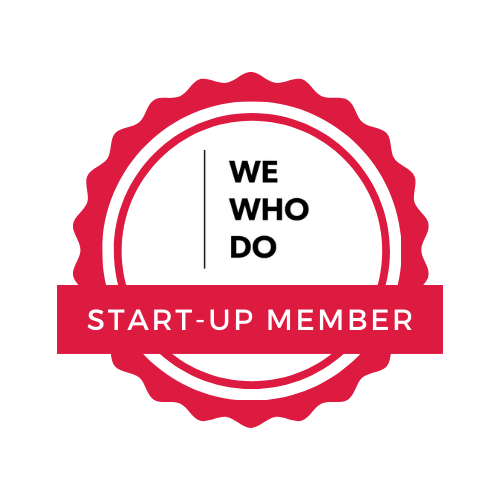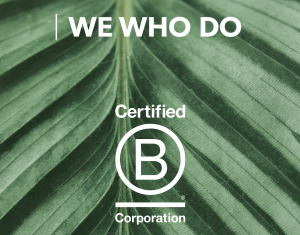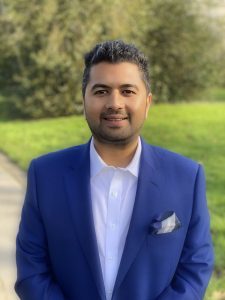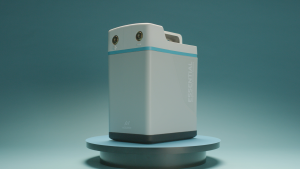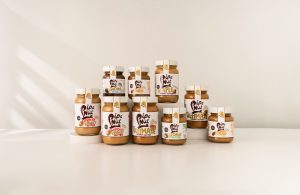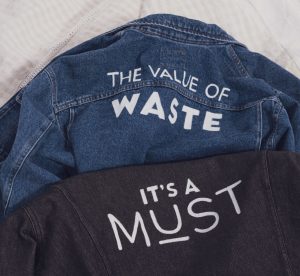Kitche is a free, home food waste app, which aims to save consumers up to a national average of £720 (per family) through food waste reduction. With 1-click shopping receipt importing, smart recipes for food at home, automated food reminders, shopping list creation, tips for reducing food waste/cost and money / food waste tracking to name but a few, this app aims to revolutionise our attitude towards food waste.
We chatted with Alex Vlassopulos, co-founder and CEO, to discuss his vision for the app and how consumer habits need to change!
Read our interview with below:
Where did the idea for Kitche come from?
Alex: In 2015, I was in a South London park with friends and we were chatting about food waste at home. This was a really alien concept to me as I have always been super diligent with food. I wanted to be a chef when I was a kid, and I couldn’t grasp that people simply didn’t know what they had at home (lost in their cupboards or freezers) and how they didn’t think to use it! I have always worked in tech and in my head I thought: surely there must be an app for this problem? Turns out – there wasn’t!
I then decided to make it my hobby to create Kitche to provide a self help tool that address this problem. Since I am not an engineer and hadn’t made my own app before (and I had also just started working at Google at the time!), Kitche was parked for a few years.
However, in 2017, I met Jamie who propelled the idea forward and we started working on prototypes for our app. We then did a friends and family raise in 2019 and launched our product on Android phones via the Google Play Store. Soon after, after the success of the launch on Google Play, we raised a pre-seed round in March 2020, backed by QVentures,and launched on iPhones via the App Store in summer 2020. This was really awesome to see the initial concept finally come to life!
So how does the app work?
Alex: “Eating what you buy” and “buying what you eat” are two key principles of what we do. Essentially with the app, we have a technological embodiment of what I used to do at home. We have developed a range of features, functionalities and resources to help reduce your food waste at home. You can scan your shopping receipt and we will remind users what they have bought and how they can use them, through recipes and top tips. With this functionality, we are solving the issue of forgetting what you have at home and giving users their own virtual kitchen.
From a food waste perspective, we are also collecting data of how people waste food. By tracking what people have ‘Tossed’, we aim to show how they can break down their bad habits (whether it is for waste itself or from a financial perspective).
How have consumer habits changed in the past year?
Alex: In general, I feel a lot of us have lost the sense of what valuing resources looks like. As a culture, we value abundance and it has become the norm that good hosting means having too much! This makes me really uncomfortable as food is such a privilege and I worry we lose sight of that.
However, lockdown in the UK meant a lot of these norms were suddenly challenged and people couldn’t shop like they had done before. People no longer had the abundance of food and started to appreciate the privilege of having food. But, when lockdown ended, the old habits came back and it has continued to fluctuate each time a lockdown happens.
Although people are wasting slightly less, it takes time to break these trends. It is about consecutive use. In fact, a lot of our users who have used our app consistently are now zero waste and I genuinely believe this is because of consistency. In my view, apps are the way to drive behaviour change. If you look at fitness or wellness apps, you can see how much this is shaping people. Smartphones provide the right medium to nudge people and it is about being consistent with it. It is our job with the app to keep people coming back. The sad truth is that people waste food and don’t realise they are actually wasting it. We need to educate them that there is an issue and then help them make that change.
So, what have you guys been working on?
Alex: We recently worked with Too Good To Go on their ‘Look, Smell, Taste, Don’t Waste’ campaign.This aimed to encourage people to use their logic when looking at food items and not to simply throw away food because it is ‘out of date’. Nonetheless, the crucial difference between us and Too Good To Go that our relationship with supermarkets is everything beyond the supermarket doors, so what people actually do once they have the food in their homes. Supermarkets have very little knowledge of how people are wasting food at home. We want people to take responsibility. We are looking at sharing this information with business partners like supermarkets and county councils and informing them with what they can do. Kitche helps partners be able to evaluate food waste from farm to fork, rather than just farm to front door or shop door.
We are also building a gamification section to reward people on the app (gold, silver and bronze spoons). We want to give positive reinforcement rather than just the ‘stick’ telling people off for wasting food! Additionally, we have new functionalities kicking off. A lot of people don’t have a receipt to hand, so we have just launched a simple, fast multi product manual import to make it easier for people to log their food when they don’t have a receipt to hand.
What’s the end goal for Kitche – whether that is one years time, five or ten?
Alex: Our ultimate goal is driving down food waste and positive impact. Getting even one person to waste less food makes us happy and spurs us on each day. 70% of UK food waste is in the home and we can appreciate the huge commercial, environmental and also socio-economic issues of food waste. With people starving across the world, it seems like such a tragedy that we can be so wasteful with how we treat food. A statistic that always scares me is that if food waste were a country, it would be the 3rd biggest carbon emitter in the world – which is an insane fact!
The direction for us is as a company right now is People and Product. We want the product to be stickier, more helpful and more impactful. We want Kitche to help users help themselves. We are then growing our team (which is currently at 7 people) and we have just brought in an in-house chef to help develop our food waste recipes! We have a government grant and we’re one of a handful of companies to win this project to reduce food waste.
In five years time, we would like to be continuing this growth and working with county councils, boroughs and supermarkets to help drive down home food waste on a national level!
